Christopher Hitchens Book Recommendations
Christopher Hitchens (1949-2011) was a British-American author, journalist, and literary critic known for his wit, intellect, and controversial views. Hitchens became a prominent figure through his work as a contributing editor for Vanity Fair and The Nation, along with his numerous books on politics, religion, and culture. His provocative writing style and fierce defense of free speech garnered both praise and criticism. Hitchens' notable works include 'God Is Not Great: How Religion Poisons Everything' and 'Hitch-22: A Memoir.' He is often remembered for his sharp wit and incisive commentary, making him a highly sought-after source for book recommendations and literary analysis.
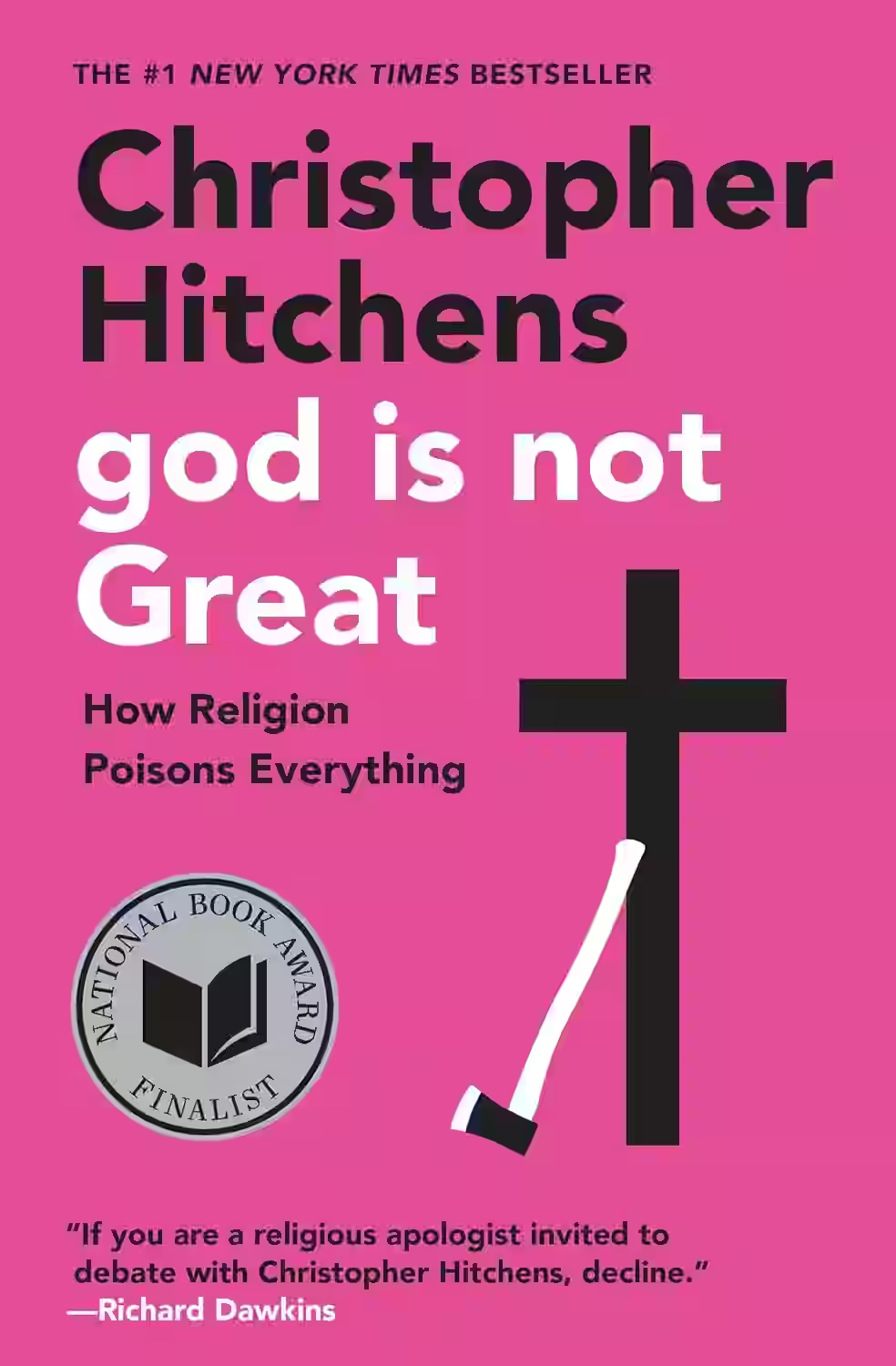
In 'God Is Not Great: How Religion Poisons Everything', Christopher Hitchens delivers a scathing critique of organized religion, dissecting its impact on politics, society, and individual freedoms. Through compelling arguments and sharp wit, Hitchens challenges the notion of a benevolent deity and addresses the harm caused by religious beliefs. He delves into various faiths, exposing inconsistencies and moral failings, ultimately advocating for secularism and rational thinking. This provocative and thought-provoking book prompts readers to question long-held beliefs and consider the role of religion in the modern world.
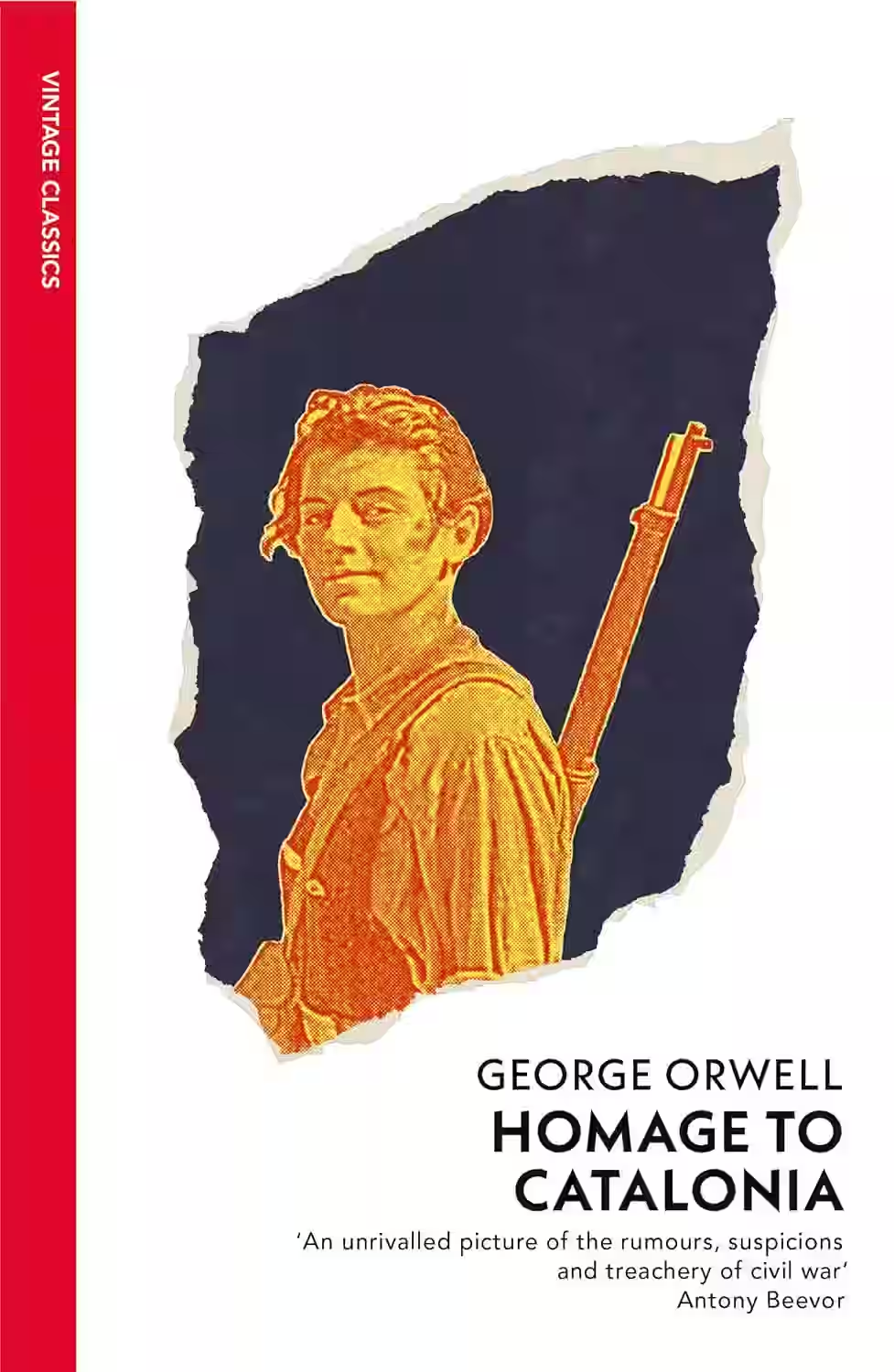
In 'Homage to Catalonia' by George Orwell, the author recounts his personal experiences as a soldier during the Spanish Civil War. Orwell provides a raw and honest portrayal of the complexities of war, politics, and propaganda. The book delves into themes of loyalty, disillusionment, and the struggle for justice. Orwell's writing vividly captures the brutality of the conflict and the internal struggles faced by those fighting for their beliefs. 'Homage to Catalonia' is a gripping account that offers a unique perspective on the realities of war and the impact of political ideologies on individuals.
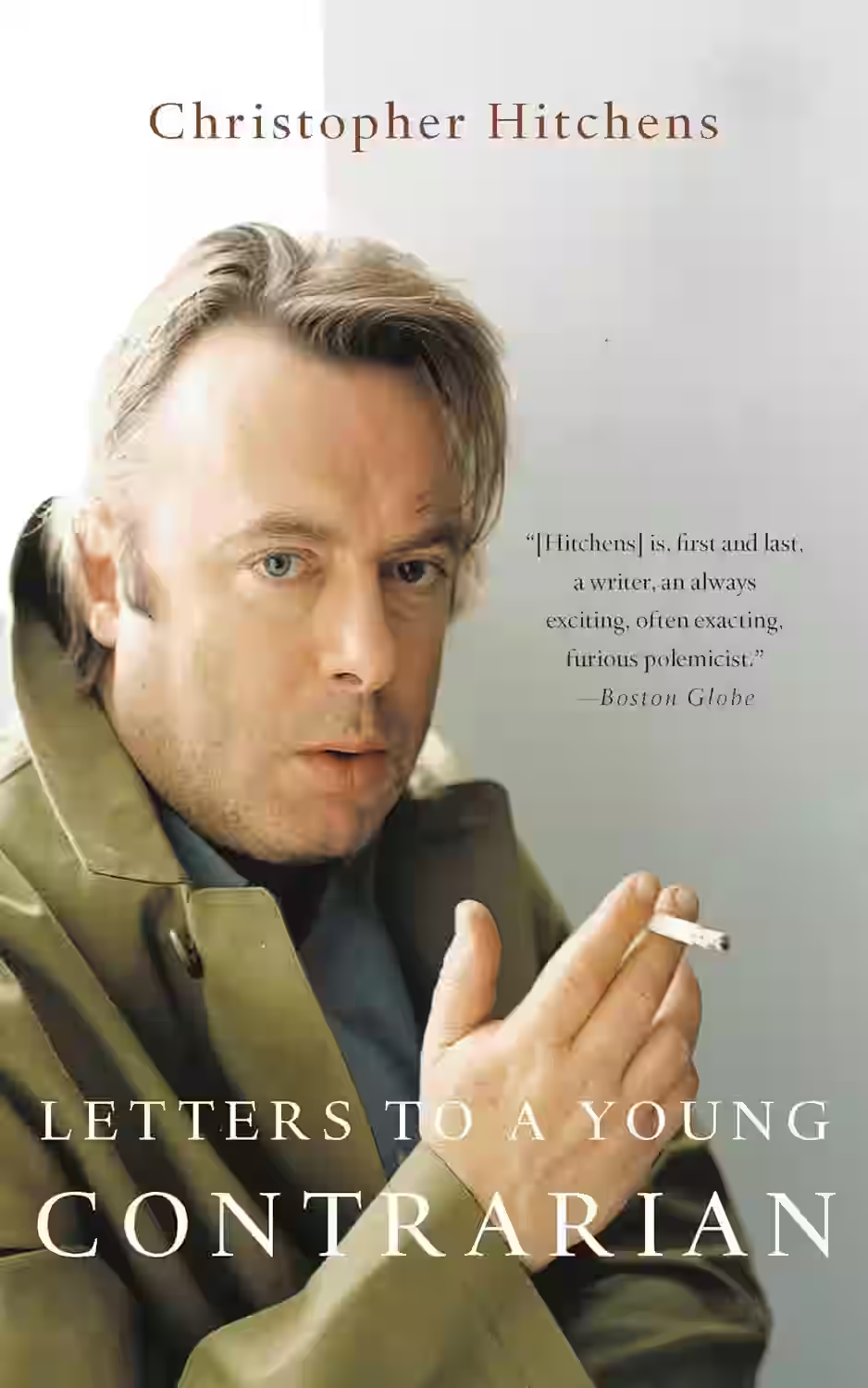
In 'Letters to a Young Contrarian,' the renowned iconoclast Christopher Hitchens imparts his wisdom and wit to budding contrarians. Through a series of letters, Hitchens challenges conventional thinking and encourages readers to question authority, uphold principles, and embrace skepticism. Touching on topics like politics, religion, and society, this book serves as a manifesto for those who dare to dissent and think independently. Hitchens' sharp prose and intellectual prowess make this a compelling and thought-provoking read, urging readers to engage critically with the world around them.
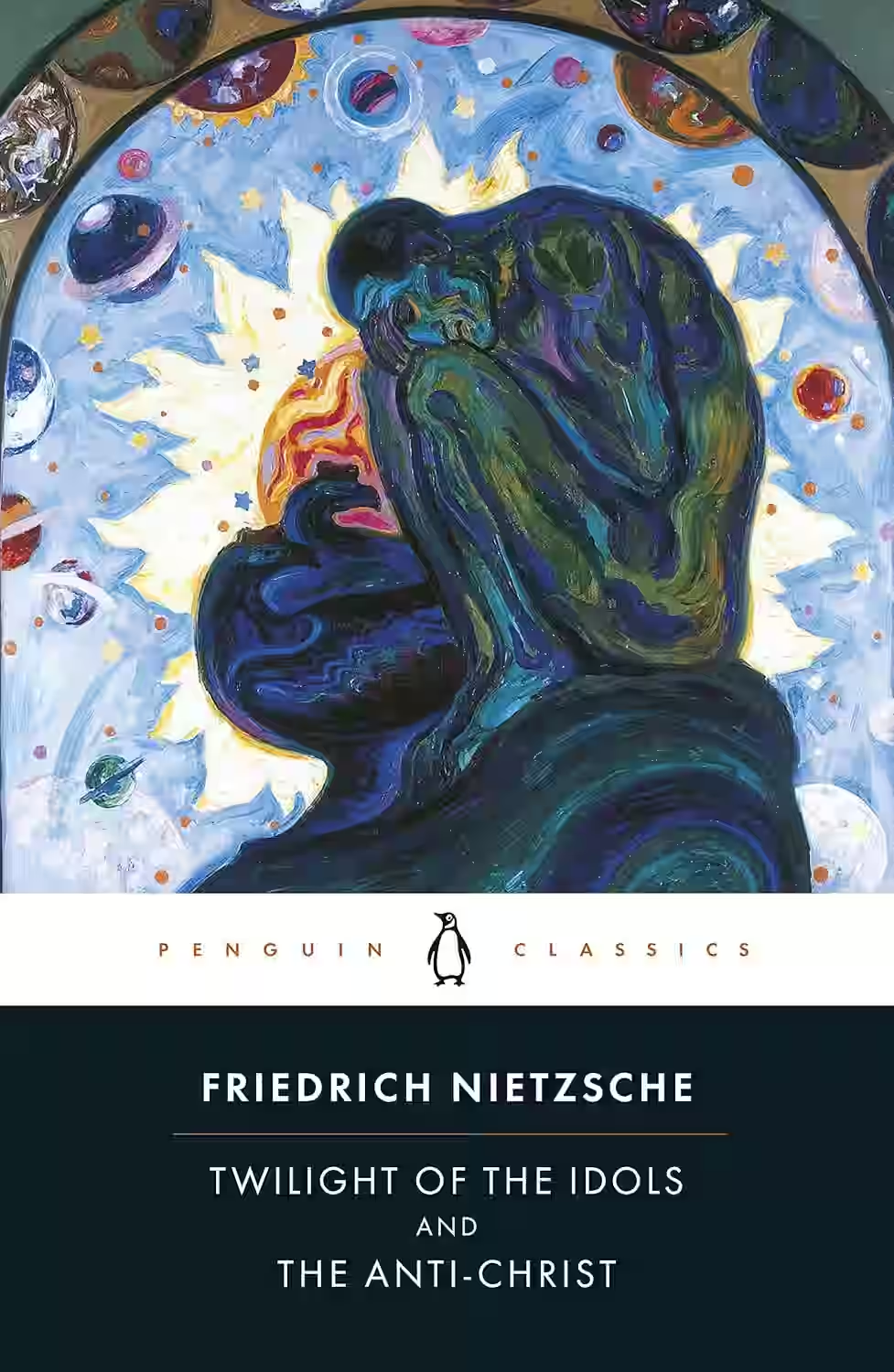
Friedrich Nietzsche's 'The Anti-Christ' is a provocative and critical exploration of Christianity, morality, and the nature of religion. In this philosophical work, Nietzsche delves into his disdain for organized religion and the concept of God, arguing that Christianity has been detrimental to humanity's progress and self-realization. He challenges traditional Christian values and presents his vision of a new philosophy centered on individualism, strength, and the rejection of herd mentality. With his signature bold and confrontational style, Nietzsche forces readers to question their beliefs and confront the contradictions inherent in religious dogma. 'The Anti-Christ' remains a seminal work in Nietzsche's oeuvre, paving the way for existentialist and atheistic philosophies.
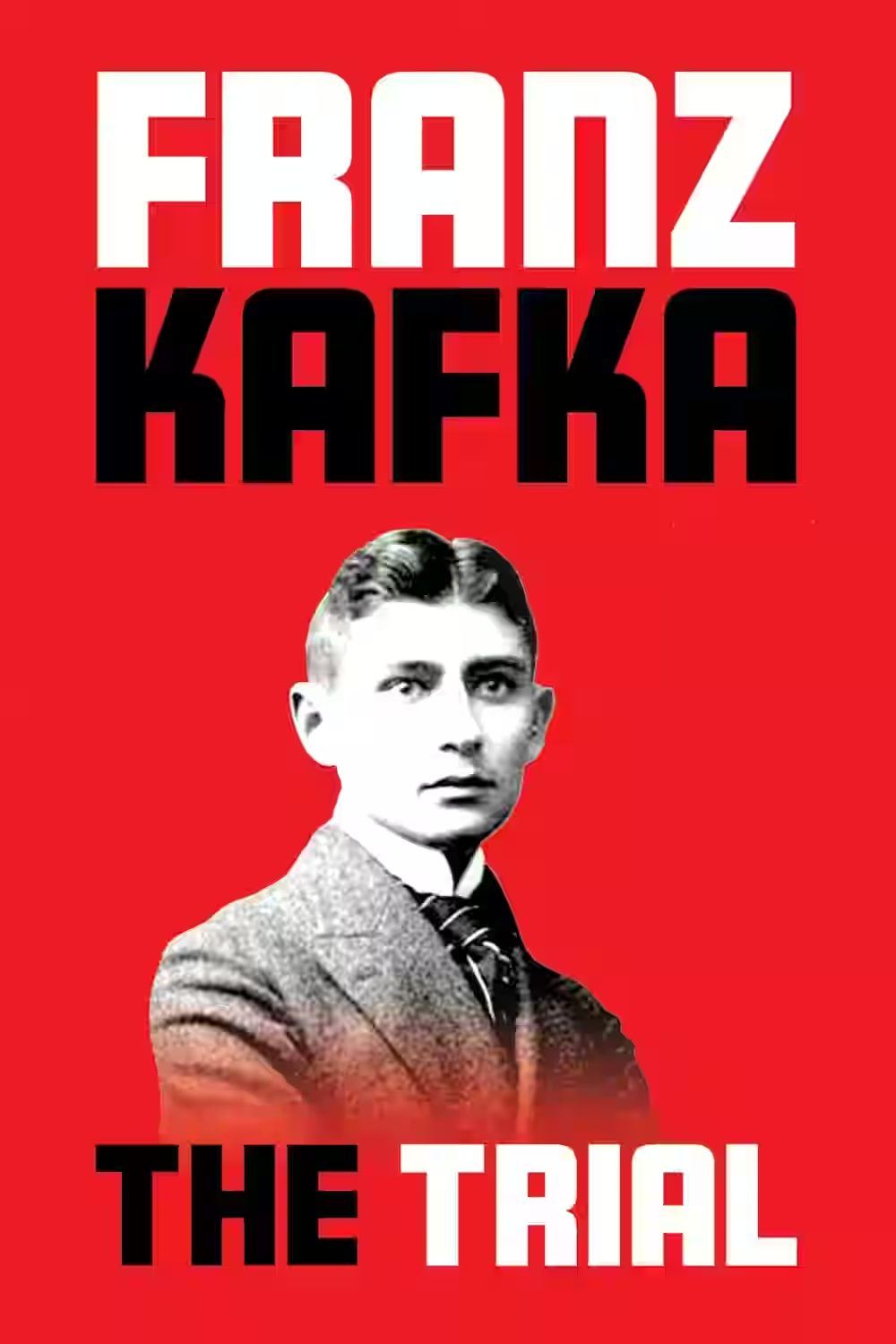
In Franz Kafka's 'The Trial,' readers are drawn into a haunting narrative that delves into themes of bureaucracy, alienation, and the absurdity of the legal system. The story follows Josef K., who is arrested and prosecuted by a mysterious court for a crime that is never disclosed. As he navigates a surreal and nightmarish world where he is confronted by elusive authorities and intricate procedures, Josef K.'s futile search for truth and justice mirrors the existential struggles of modern society. Kafka's enigmatic and atmospheric writing style captivates readers, leaving them pondering the nature of guilt, power, and the individual's place in a dehumanizing society.